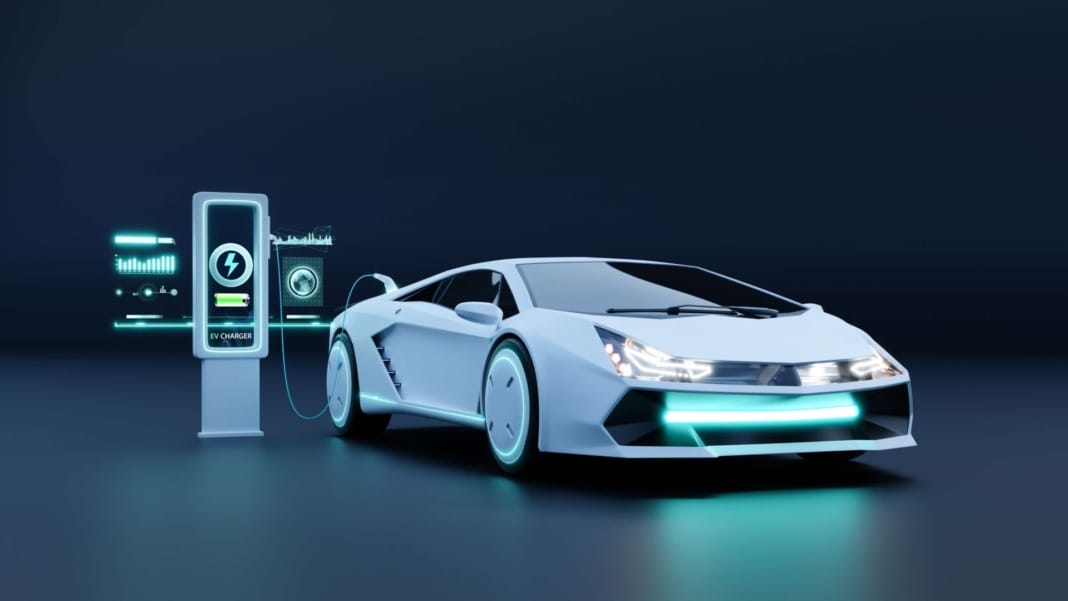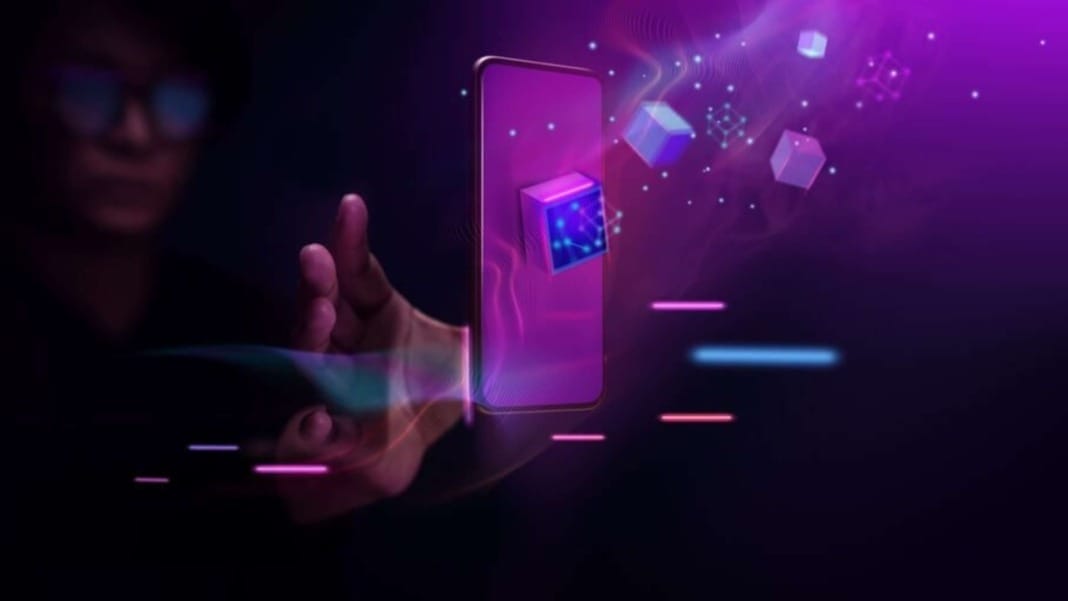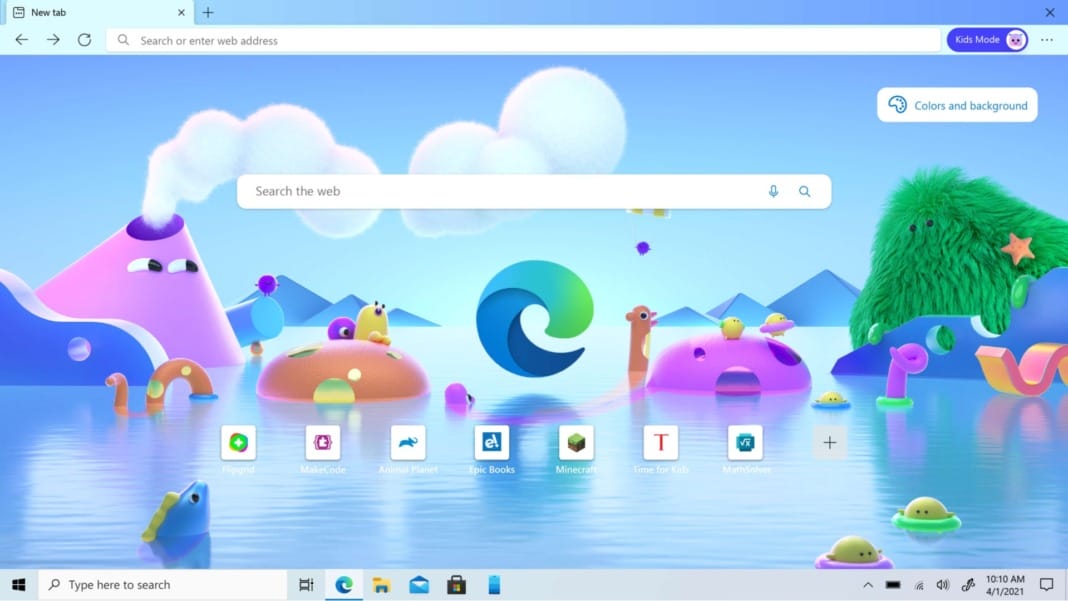The Biden administration has introduced more flexible guidelines regarding the US$7,500 tax credit for electric vehicles (EVs), allowing a two-year exemption for certain battery minerals sourced from countries deemed “foreign entities of concern” (FEOC) such as China, Russia, Iran, and North Korea. This decision, part of the Inflation Reduction Act (IRA), was revealed in the final guidance released today by the Treasury Department.
Under the new rules, “impracticable-to-trace” minerals like graphite, often sourced from China, are exempt from disqualification until 2027. However, starting in January 2025, other critical minerals such as lithium, nickel, and cobalt must not be sourced from these countries to qualify for the full tax credit. This exemption comes as a response to concerns from the auto industry about the feasibility of complying with the initial stricter rules.
John Bozzella, CEO of the Alliance for Automotive Innovation, emphasised the potential issues of disqualifying EVs over trace amounts of critical minerals from FEOCs, pointing out the significant investments automakers are making in domestic EV manufacturing. Despite these relaxations, the number of EVs eligible for the full tax credit is limited; currently, only 13 out of 114 available models in the US qualify for the full credit, with an additional nine eligible for a half credit of US$3,750.
The guidance also affects the pricing and manufacturing locations for eligible vehicles. To qualify for the tax credits, EVs must be manufactured in North America, with price caps set at US$55,000 for sedans and US$80,000 for SUVs or trucks. Additionally, the Treasury Department has made provisions for dealerships to offer the credit as an instant rebate, a popular option that has already benefited over 100,000 customers this year.
Leasing offers a loophole for many consumers; most leased EVs are eligible for the full US$7,500 credit regardless of the battery’s mineral origins or the vehicle’s manufacturing location because they are considered commercially owned.
These changes are part of a broader effort by the Biden administration to encourage EV adoption as a key element of its climate change policies while also reducing reliance on foreign supply chains, particularly from China. Despite these incentives, the shift to domestic production of EV components is a long-term process, with new factories and mining operations needed to support this transition fully.
The administration’s updated policies provide necessary relief to automakers as they navigate the complexities of evolving market demands and the gradual establishment of a domestic supply chain for EV manufacturing.





